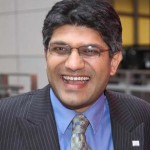“Pity the nation whose sages are dumb with years
And whose strong citizens are yet in cradle
Pity the nation divided into fragments
Each fragment deeming itself savior of the nation!”
(Adapted)
As the new year dawns and as we, the Democrats take control of the house, I, a person who has been running from country to country, in the hope of having found the ultimate haven, am hopeful that we all in general and Nancy Pelosi in particular will hark to the words of President Abraham Lincoln and, “strive on to. . . bind up the nation’s wounds”, because “A house divided against itself, cannot stand.” And, “With malice towards none and justice for all”, take courage; go into the ‘Lion’s den, the states President Trump claims as his base, and reach out to HIS base.
Citizens of these states have for long felt disenfranchised from the decision making processes that affect them financially. Invite them and include them in the democratic party’s vision.
Our country and its system of government, our constitution is too great to be allowed to fall victim to petty rivalries and cheap theatrics. For if we allow that to happen, and let us be sucked into the whirlpool of international jealousies, then the only option left will be a cataclysm for mankind, nay perhaps the planet itself.
Our country’s adversaries are lying in wait, are deadly serious, and are playing for keeps.
Zaheer Jan
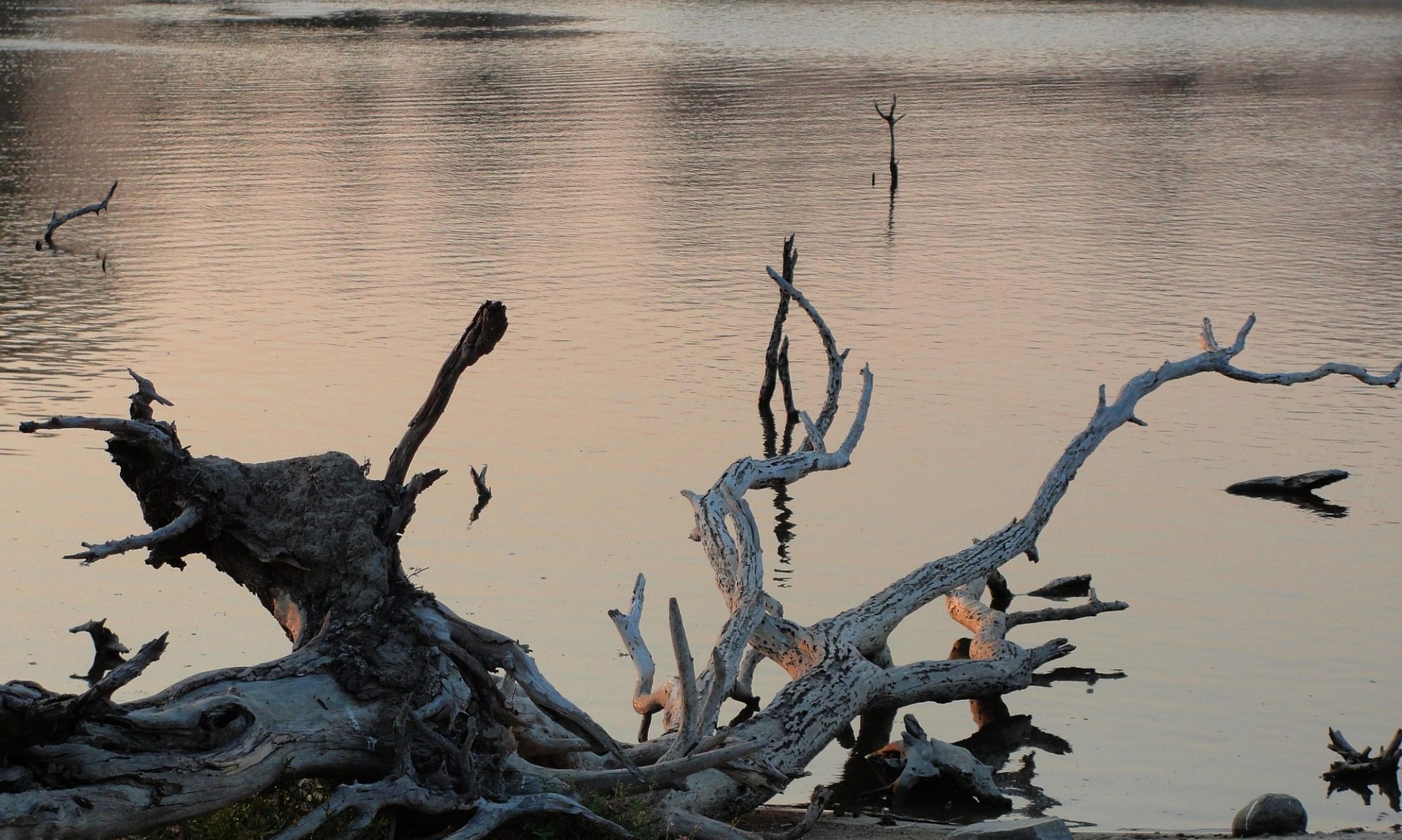
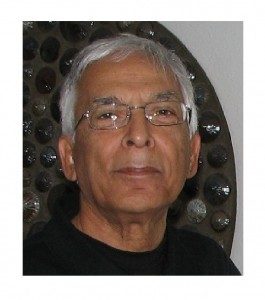

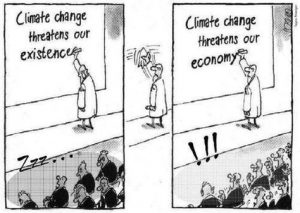
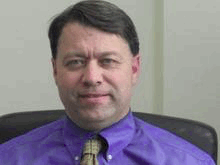

 Asking for money is one of the more challenging things that every charity has to do. The first question we need to answer, however, is “Why are we asking?” If we don’t have a clear and compelling answer, we’re handicapping ourselves from the start.
Asking for money is one of the more challenging things that every charity has to do. The first question we need to answer, however, is “Why are we asking?” If we don’t have a clear and compelling answer, we’re handicapping ourselves from the start.